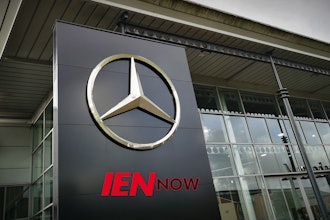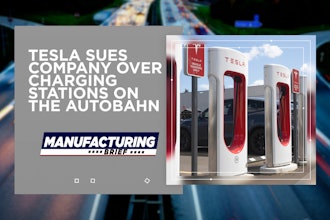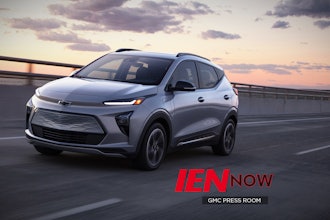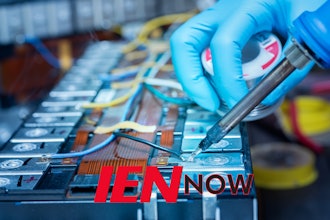The scramble for factory labor is getting so intense that one manufacturing executive is throwing stones at the golden arches.
Automotive News is reporting that automaker Subaru is looking towards producing electric vehicles but won’t be investing in its sole U.S. plant to do so. And one reason, according to company CEO Tomomi Nakamura, is the local cost of labor.
The Lafayette, IN plant is where all of the company’s North American production takes place, and it’s the factory supporting Subaru’s Legacy, Outback, Impreza, and Ascent models. But instead of producing future electrics for the market on US soil, Nakamura says the company will stick to its plan of producing them in Japan.
Nakamura told investors in a recent conference call that complying with the requirements for the full federal EV tax credit of $7,500 for new vehicles – which includes producing them in America – was too difficult, at least in large part because of labor constraints.
He went on to elaborate that part-time workers at the McDonald’s restaurant near the Lafayette plant were making $20-$25 dollars per hour, and that “is in competition with what temporary workers make at (the) plant.” He added that if Subaru were to build a plant there for EV production, it would be “quite challenging for us to secure workers.”
Subaru’s plan is to build a new factory for EV assembly in Japan by 2027 and then export its electrics globally, including to the U.S. Auto News reports that Subaru is “studying how it can qualify for EV tax credits in the U.S. … but cannot consider building an EV plant there unless wages come down.”
Meanwhile, Subaru has seen increased sales and profits and continues to raise sticker prices and plans to do so again at the change of the model year. Despite this, other challenges have impacted Subaru, like other automakers, who have been contending with supply shortages – though the company expects that production will return to pre-pandemic levels within the next six months.






















